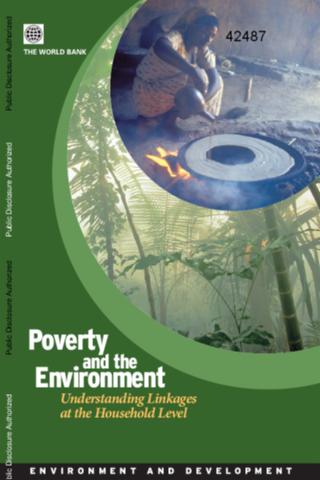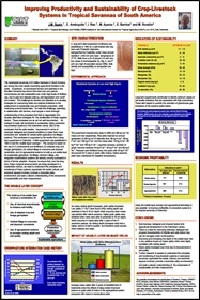Analysis of runoff generation and soil erosion processes by using environmental radionuclides in semiarid areas of Mongolia
In Mongolia, overgrazing and mismanagement are considered to be the causes of soil erosion and land degradation. However, the field data available on soil erosion and land degradation processes are limited. Two experimental watersheds were selected within the Kherlen river basin in Mongolia to assess the state and cause of soil erosion; this was done by monitoring the water-sediment discharge in two small catchments with different vegetation covers. The two sites-Kherlenbayan-Ulaan (KBU; 6.9 ha) and Baganuur (BGN; 7.6 ha)-have relative heights of 100 m and 150 m, respectively.









